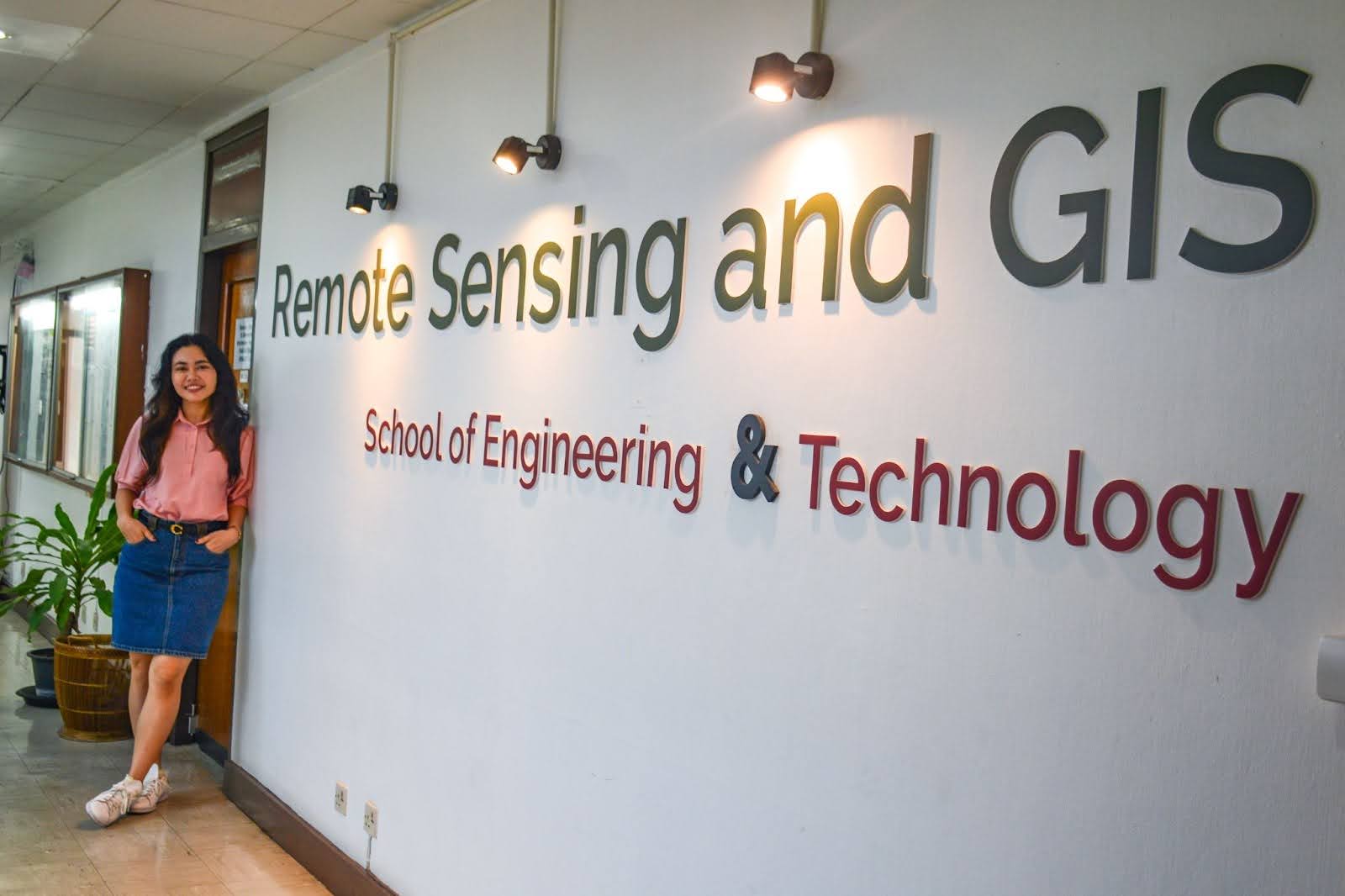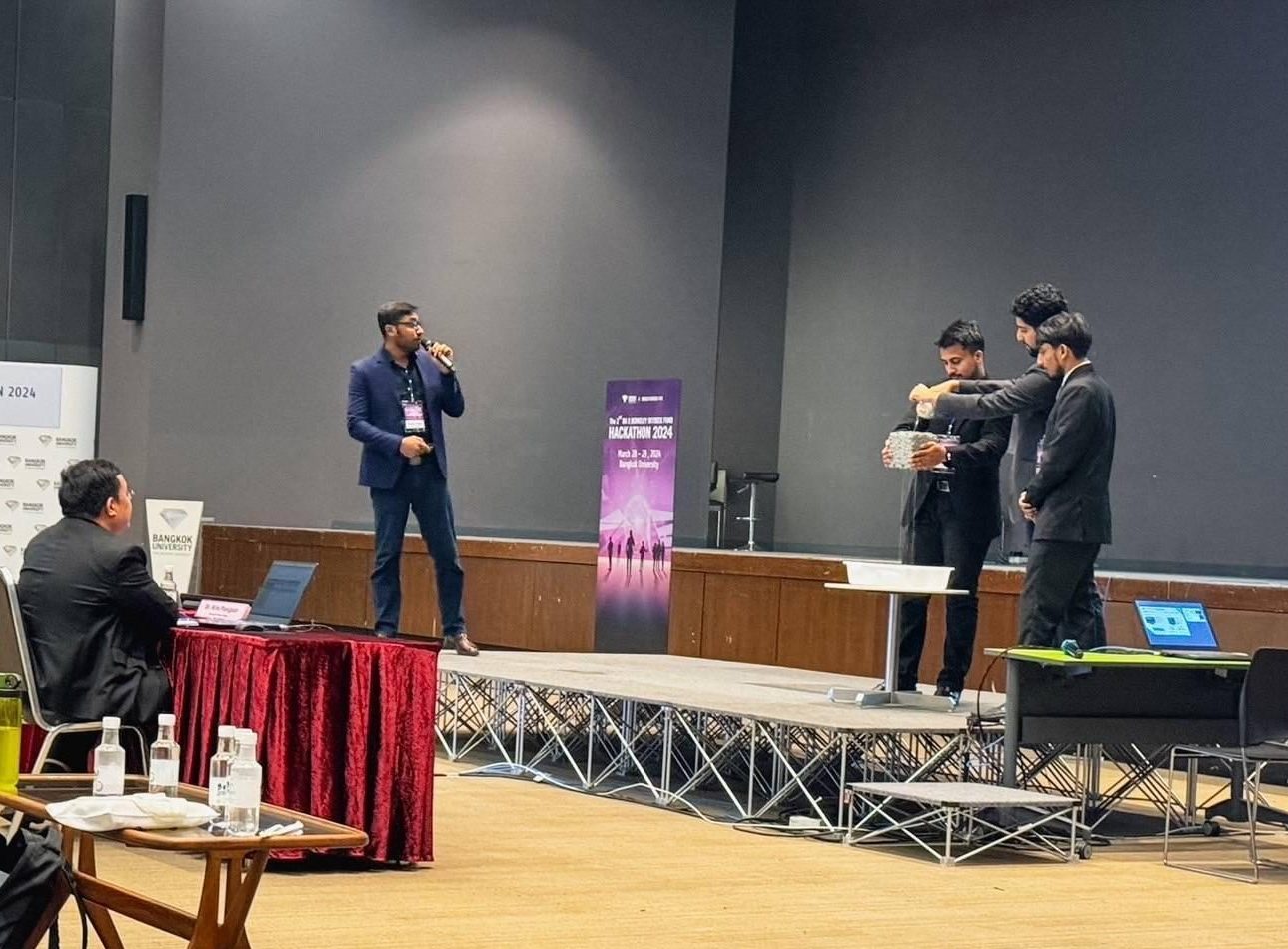Examining the various aspects of internationalization of education was
Dr. P. J. Lavakare, Senior Adviser in India, Institute of International
Education (IIE-US), who delivered an institute-wide lecture at the
Asian Institute of Technology (AIT) on 11 November 2015. Speaking on
“Internationalization of Higher Education and its impact on Developing
Countries: The Indian Experience,” Dr. Lavakare stated that the number
of students studying outside their home countries has increased from
three million in 2006 to five million in 2014. While the number of
international students from China continues to increase, there has been
a decline in the number of international students from India.
Dr. Lavakare mentioned that international education has become a top
money-earner for many countries with the United States earning 27
billion USD every year. Australia will 19.1 billion AUD, and the United
Kingdom with 8.5 billion pounds are among the major beneficiaries of
this trend. However, diversity of destinations of international
students is increasing and countries like China are now home to seven
per cent of international students. He also named numerous
international educational initiatives like the China Education
Initiative of the US, the study abroad programs of Russia and Japan,
and the Brazil scientific mobility program as examples of
internationalization.
Quoting from the Fourth Global Survey conducted by the Institute of
International Education (IIE), he cited tops benefits and risks of
internationalization of education. Increased international awareness of
students, improved quality of teaching and learning, strengthening
research and knowledge production capacity, enhanced international
cooperation, and increased internationalization of curriculum were the
benefits, cited by the IIE survey. Among the perceived risks were
commodification and commercialization of education,unequal sharing of
benefits of internationalization, and growing gaps within higher
education within individual countries.
Dr. Lavakare was accompanied by Dr. Jonathan Lembright, IIE’s Regional
Director for Southeast Asia, and Dr. Sheela Lavakare, former faculty
member, Management Development Institute, Delhi, India. Prior to the
lecture, the delegation met with AIT President Prof. Worsak
Kanok-Nukulchai, and members of the AIT administration.

Dr. P. J. Lavakare delivering a
lecture on “Internationalization of Higher Education and its impact on
Developing Countries: The Indian Experience.”







